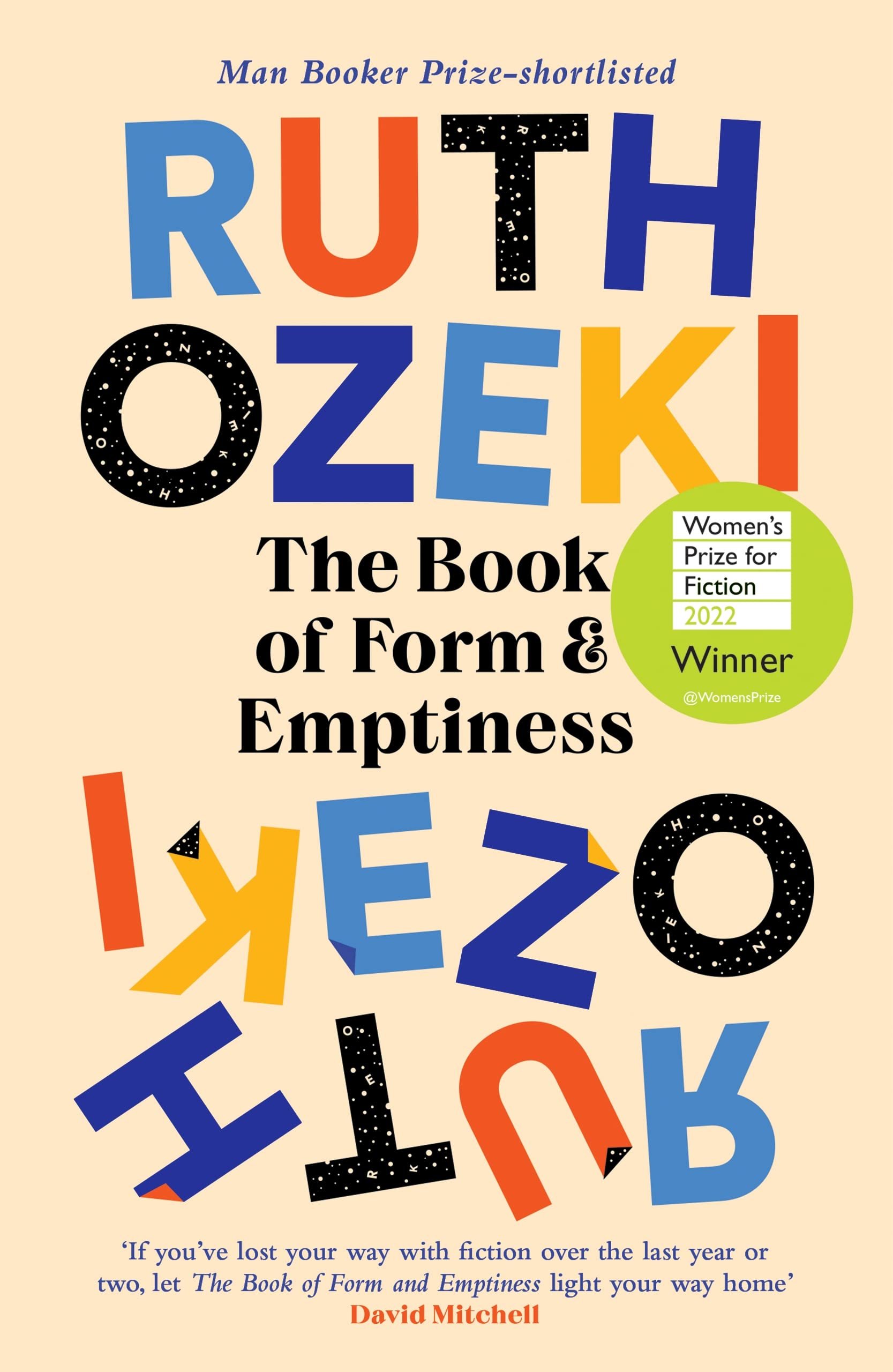The Book of Form and Emptiness by Ruth Ozeki
★★★☆☆
On the surface, The Book of Form and Emptiness is the tale of Benny Oh, a thirteen-year-old boy who begins to hear voices after the death of his father and his mother who develops a hoarding problem as a result. But dig a little deeper and you’ll find it’s actually a thesis on creativity, the nature of books, the power of love, and the hold material possessions have on us.
Ozeki makes a compelling case: "It is no measure of health to be well adjusted to a profoundly sick society.” She argues throughout that the most dysfunctional characters in the book are in fact simply tuned into a reality that Neuro-Typicals are too stifled to comprehend. From Bottleman, a wise Slovenian poet-turned Guru (or irresponsible drunk hobo depending on perspective) to Benny Oh, the boy who can hear the cries of the world (or a troubled teen with the onset of Schizophrenia depending on your perspective), all of the characters are designed to inspire and challenge our preconception that hearing voices makes you automatically crazy. We particularly liked The Aleph, a troubled and distinctive artist and Benny’s love interest, who somehow just manages to escape ‘Manic Pixie Dream Girl’ trope by the skin of her teeth.
Ozeki also challenges us to question just how much we possess our things and how much they possess us. Benny’s hoarder mother does most of the heavy lifting with this theme, alongside Aikon, a zen monk specialising in minimalism who is (very) heavily inspired by Marie Kondo. She also explores the ideas of the very nature of books, and we really enjoyed the idea of a book within a book as a narrator. As a group we had a spirited debate over whether we’re supposed to believe the book-narrator is real, making this a magical realism novel, or believe his therapist, making this a novel about mental health and processing grief. It’s not always clear what Ozeki wants us to think but the ambiguity somehow works.
At times The Book of Form and Emptiness can come across as a little hectoring and clunky, as Ozeki lays it on more than a bit thick with her dual themes on anti-capitalism and mental health. A lighter brush would have been appreciated as it definitely felt like this story could have been told in 400 pages rather than the whopping 546 we ended up with.
Overall, this is an imaginative and very human story, with a cast of unconventional characters who are in turn both tragic and hilarious. This wasn’t everyone’s cup of tea in Brunch Book Club. Some really enjoyed it and some struggled to tune into the universe Ozeki was creating. We’d recommend this novel but suggest that the physical version is a little easier to get to grips with than the audiobook.


